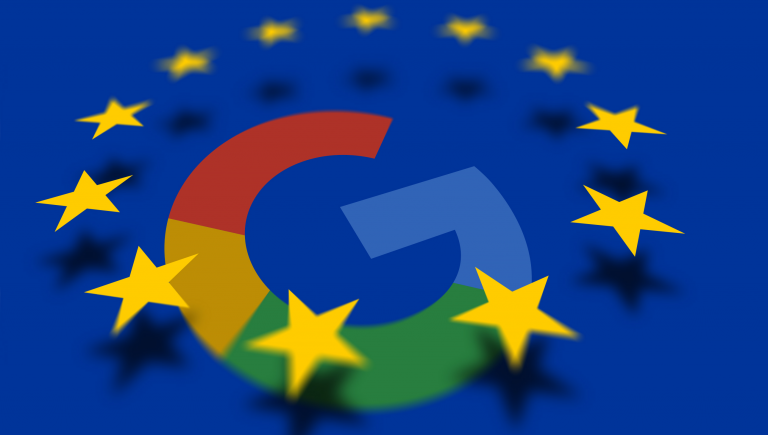
Tech giant Google has reportedly lost its appeal against a landmark $2.7 billion antitrust fine imposed by the European Union for abusing its dominance in online shopping search services.
The case, initiated by the EU in 2017 fined Google for antitrust violations, accusing the search company of unfairly promoting its comparison shopping service over rivals by manipulating search results, disadvantaging competitors in violation of EU antitrust laws.
In November 2021, Google’s appeal against a 2017 antitrust ruling by the European Commission faced a setback as the General Court of the European Union largely upheld the decision. The court affirmed that Google’s practice of prioritizing its shopping service in general search results was anti-competitive and detrimental to rival comparison services.
Register for Tekedia Mini-MBA edition 19 (Feb 9 – May 2, 2026): big discounts for early bird.
Tekedia AI in Business Masterclass opens registrations.
Join Tekedia Capital Syndicate and co-invest in great global startups.
Register for Tekedia AI Lab: From Technical Design to Deployment (next edition begins Jan 24 2026).
However, the court did annul part of the Commission’s findings, stating that it had not proven Google’s conduct affected the general search services market as a whole. Undeterred, Google escalated the case to the Court of Justice of the European Union (CJEU). The CJEU handed down a ruling that again went against Google. It agreed with the General Court’s assessment, concluding that Google’s behavior was discriminatory and not in line with fair competition.
At a press conference, EU competition chief Margrethe Vestager hailed the ruling as a “landmark” moment in regulating Big Tech. She emphasized that the case was among the first major antitrust actions taken against a leading digital company, signifying a turning point in how tech giants are governed and perceived.
“It was one of the first significant antitrust cases brought by a competition agency against a major digital company, and I think this case marked a pivotal shift in how digital companies were regulated and also perceived”, she remarked.
Commenting on the CJEU ruling, Google spokesman Rory O’Donoghue said,
“We are disappointed with the decision of the court. This judgment relates to a very specific set of facts. We made changes back in 2017 to comply with the European Commission’s decision. Our approach has worked successfully for more than seven years, generating billions of clicks for more than 800 comparison shopping services.”
Background Story
In 2017, the European Commission fined Google a record-breaking €2. 42 billion ($2.73BN) for antitrust violations about Google’s Shopping search comparison service in what is widely considered the most significant antitrust ruling in Europe since the 2004 Microsoft decision.
The case centered around Google’s search engine practices, specifically its shopping service. The Commission’s investigation found that Google systematically placed its own comparison shopping results at the top of search pages while demoting those of competitors, which effectively stifled competition in the online shopping space.
The EU findings revealed;
• Google gave prominent placement to its comparison shopping service: When a consumer enters a query into the Google search engine concerning which Google’s comparison shopping service wants to show results, these are displayed at or near the top of the search results.
•Google Demoted rival comparison shopping services in its search results: Rival comparison shopping services appear in Google’s search results based on Google’s generic search algorithms. Google included several criteria in these algorithms, as a result of which rival comparison shopping services are demoted. Evidence revealed that even the most highly ranked rival service appears on average only on page four of Google’s search results, and others appear even further down.
The latest ruling against the tech giant, is a significant blow, as it sets a precedent for how tech companies with dominant positions should behave in the European market. It is also one of the first major rulings in a series of antitrust cases that the EU has pursued against Google, including investigations into Android’s market dominance and Google’s AdSense service.
Notably, the court’s decision highlights the growing regulatory scrutiny on tech giants, with regulators aiming to ensure a fair and competitive market environment.



